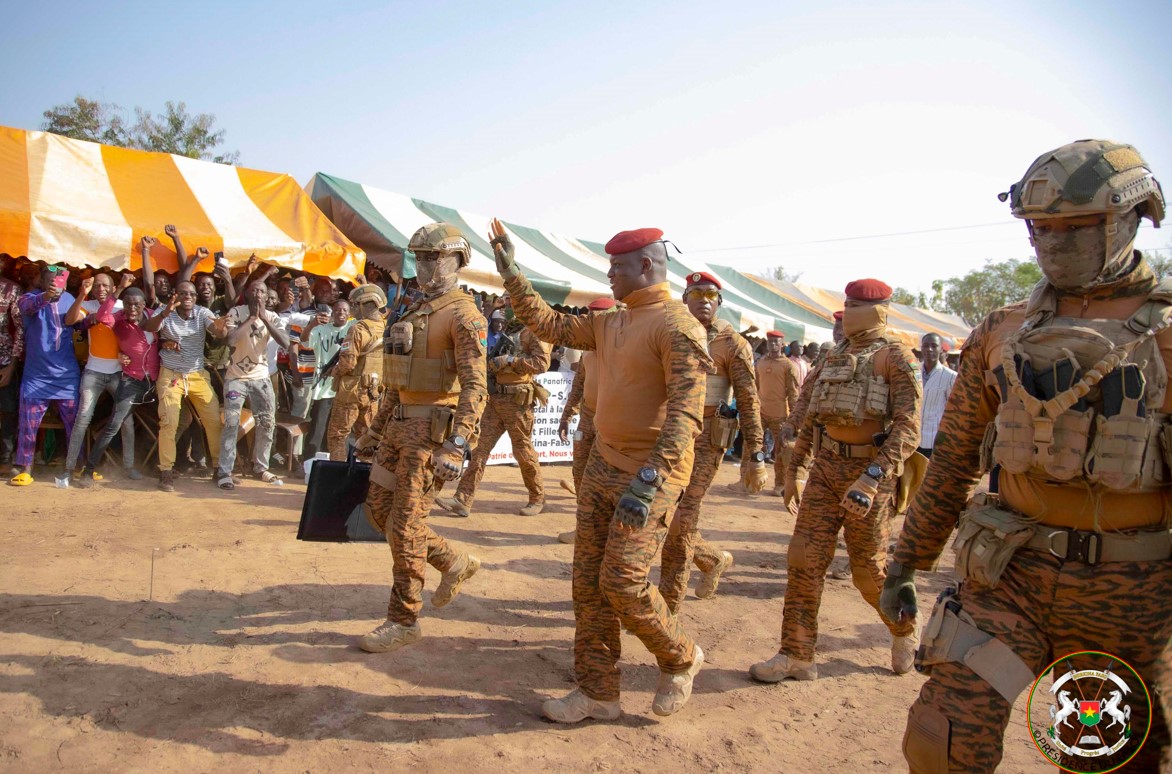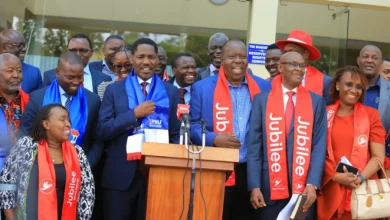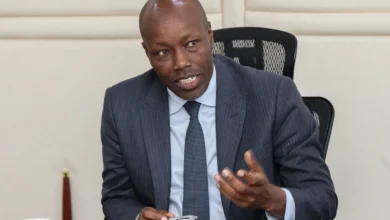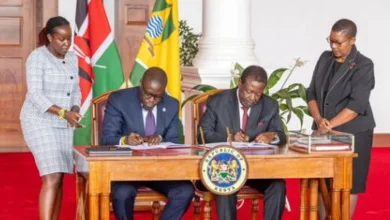
August 2025 makes it five years since Malian soldiers ousted President Ibrahim Boubacar Keïta in a coup d’état. While the event reshaped Mali’s domestic politics, it also marked the beginning of a broader wave of military takeovers that swept parts of Africa between 2020 and 2023.
Soldiers have toppled governments in Niger, Burkina Faso (twice), Sudan, Chad, Guinea and Gabon.
The return of military coups shocked many observers. Once thought to be relics of the cold war, an “extinct” form of regime change, coups appeared to be making a comeback.
No new coups have taken place since Gabon’s in 2023, but the ripple effects are far from over. Gabon’s coup leader, Gen. Brice Oligui Nguema, formally assumed the presidency in May 2025. In doing so he broke promises that the military would step aside from politics. In Mali, the ruling junta dissolved all political parties to tighten its grip on power.
Across the affected countries, military rulers remain entrenched. Sudan, for its part, has descended into a devastating civil war following its coup in 2021.
Analysts often cite weak institutions, rising insecurity, and popular frustration with civilian governments to explain coups. While these factors play a role, they don’t capture the patterns we have observed.
I have studied and written on military coups for nearly a decade, especially this coup wave.
After a close analysis of the coup cascade, I conclude that the international community must move beyond the view of coups as isolated events.
Patterns suggest that the Sahelian coups are not isolated. Coup leaders are not only seizing power, they are learning from one another how to entrench authority, sidestep international pressure and craft narratives that legitimise their rule.
To help preserve democratic rule, the international community must confront five lessons revealed by the recent military takeovers.
Key lessons
Contagion: Just a month after Guinea’s military ousted President Alpha Condé, Sudan’s army disrupted its democratic transition. Three months later, Burkina Faso’s officers toppled President Roch Marc Christian Kaboré amid rising insecurity.
Each case had unique triggers, but the timing suggests more than coincidence.
Potential coup leaders watch closely, not just to see if a coup succeeds but what kinds of challenges arise as the event unfolds. When coups fail and plotters face harsh consequences, others are less likely to follow.
Whether coups spread depends on the perceived risks as much as on opportunity. But when coups succeed – especially if new leaders quickly take control and avoid immediate instability – they send a signal that can encourage others to act.





